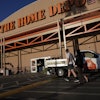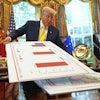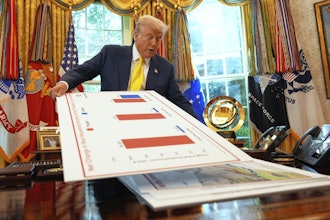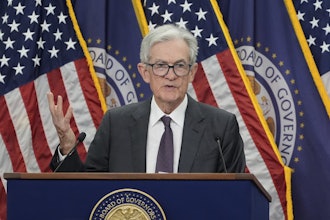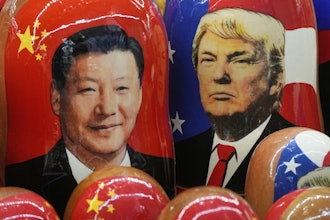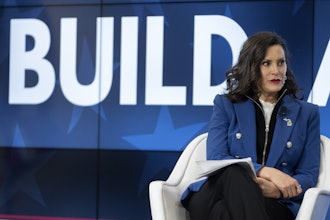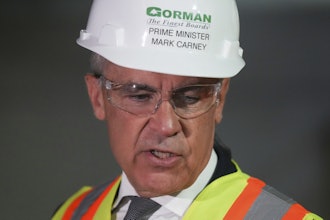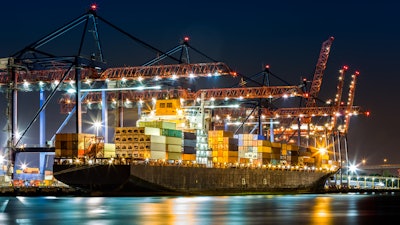
James Vanderloo is the station manager of OEC Group Milwaukee, a division of OEC Group, a global freight forwarder based in New York that provides comprehensive logistics services and is a leading company in trans-Pacific trade.
In this exclusive interview with Industrial Equipment News (IEN), Vanderloo discusses how the upcoming presidential election will impact tariffs, the looming effect on the U.S. manufacturing industry and the current state of the American economy.
This interview has been edited for length and clarity
IEN: In your opinion, how will the outcome of the U.S. election affect tariffs?
 James Vanderloo is the station manager of OEC Group Milwaukee.
James Vanderloo is the station manager of OEC Group Milwaukee.
While there have been some specific commodities which have since then been excepted from the tariffs in the years since then, the Biden administration has largely upheld the tariff levels and have levied additional tariffs against Chinese EVs and additional metal components. While the Biden Administration had a targeted scope to the tariffs, the Trump campaign is suggesting that they will increase tariffs and on many of the goods imported into the U.S.
Some are calling for a 10% flat tariff across the board, but it remains to be seen. The Harris campaign has called Trump’s proposed tariffs a tax on Americans but has fallen short of declaring exactly how her administration would wield the policy and could reasonably conclude a similar policy to the Biden administration.
IEN: How could those tariffs impact the U.S. supply chain and manufacturing businesses?
JV: While widespread tariffs will almost certainly lead to increased prices for American consumers, the overarching policy is also aimed at protecting American industries, specifically manufacturing—steel, aluminum and the American EV market. They attempt to penalize foreign actors by making their products less competitive compared with those built in America.
If the tariffs continue to be China-centric, China has shown resolve in being able to move into other markets, like Southeast Asia, Mexico and Africa—just to name a few. They set up foreign direct investment, are good commercial partners and manufacture goods not affected by the tariffs out of those countries, so we would expect a continued movement away from China, and it will move to more regional supply chains.
If we see tariffs at a more global scale, that may increase some manufacturing in the U.S. in the short term, but it will be difficult to determine the net effect. Due to uncertainty around microchips and their heavy dependence on manufacturing in Taiwan, there is a big push to establish the infrastructure and ability to manufacture mid-to-high-end chips domestically here in the U.S.
IEN: What is your opinion on the current state of the U.S. economy? Are you more optimistic or pessimistic about 2025?
JV: Election years are typically flat-to-poor economically. So, after the election, we would expect an initial bolster to the economy as uncertainty decreases and businesses have a better idea of policy direction over the next four years. Globally, however, there is uncertainty about demographics in China and their longer-term markets and growth in Europe has remained sluggish. U.S. markets should continue to perform well and the stock market should continue to stay near record highs, but there are some indications that deeper problems exist as the Federal Reserve struggles over whether to decrease interest rates or not.
My opinion is that interest rates will need to remain elevated despite a rate cut here or there to spur economic growth. It will be beneficial for businesses to look for opportunities and growth in new markets to diversify risk and not make the growth so dependent on the conventional suspects. All in all, I’m optimistic in the short term, but there will likely be economic challenges in the coming years.



